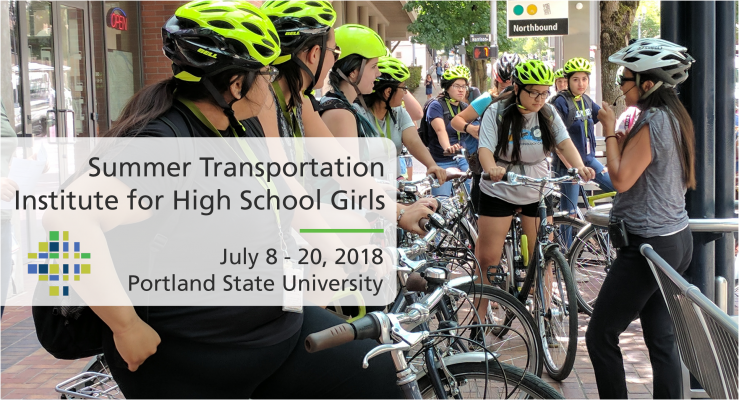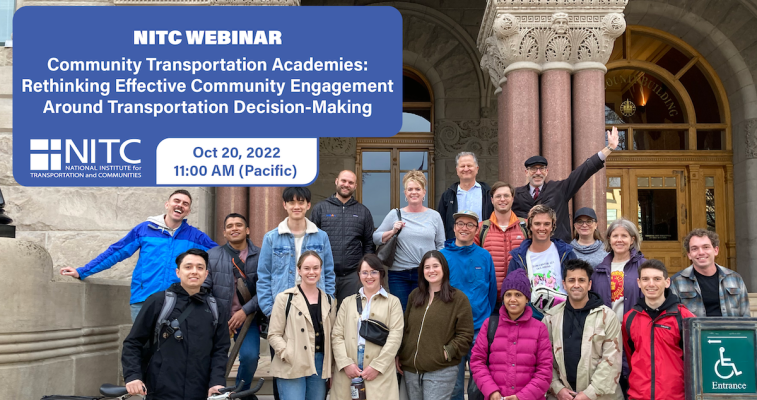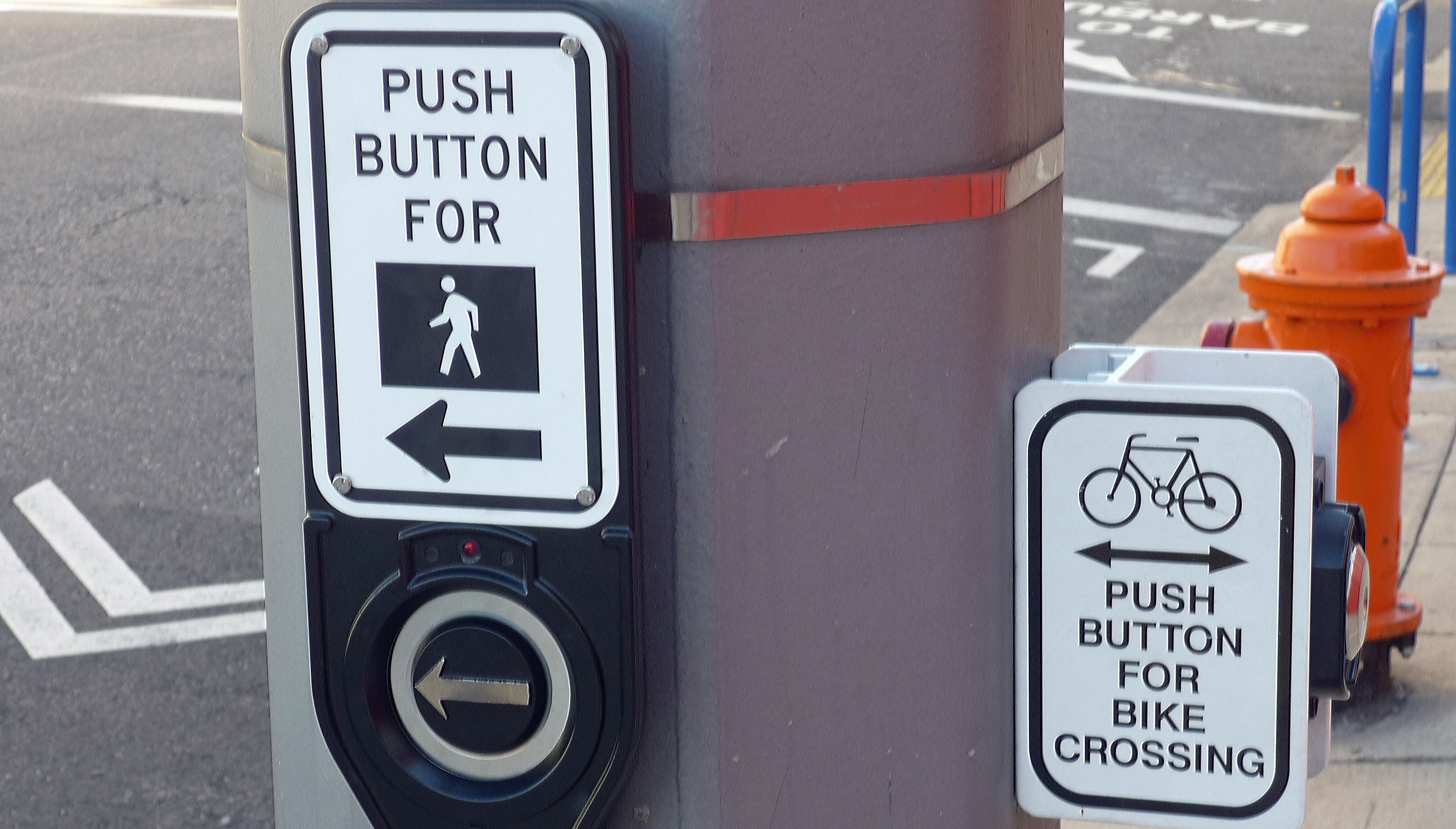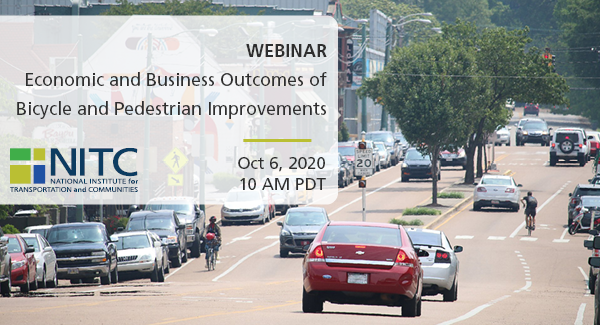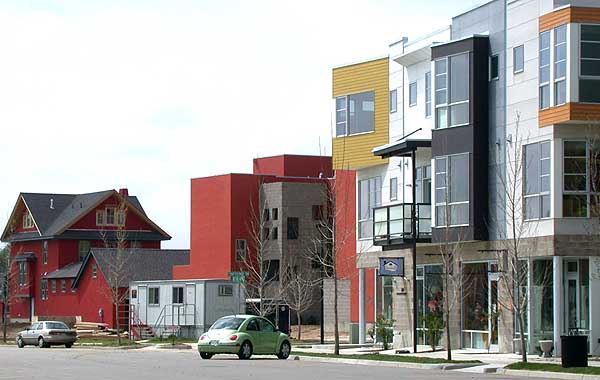APPLICATIONS HAVE CLOSED
Registration is open to female and female-identified students in Oregon who will be current high school students in the Fall of 2018.
For the third year in a row, we're hosting an Oregon Summer Transportation Institute (OSTI) for high school girls. This two-week residence camp offers any student entering the 9–12 grade who identifies as female an immersive introduction to the workings of the Portland transportation system.
Half of each day is spent in the classroom hearing from PSU faculty and guest lecturers from ODOT, the FHWA, the Portland Bureau of Transportation, TriMet, the Port of Portland, and various other public and private transportation agencies that operate in the Portland metro area.
The other half is spent outside, in field tours of Portland’s transportation infrastructure and public spaces. Planners, engineers and designers come from all over the country to see Portland’...
Read more
